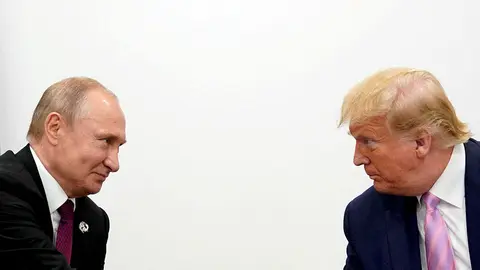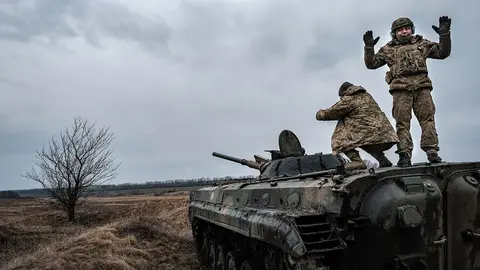The EU rejects Putin's demands and reinforces its military support for Ukraine
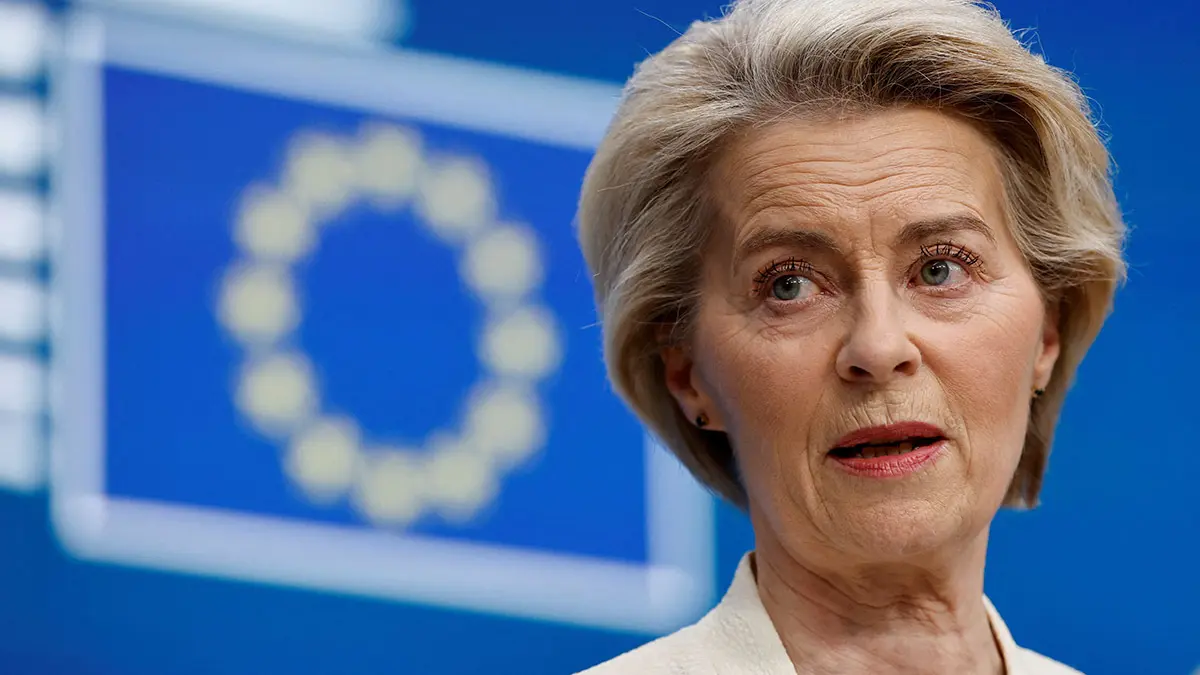
The European Union has categorically rejected Russian President Vladimir Putin's demand to completely halt military aid to Ukraine in the context of ceasefire negotiations, a demand that the Russian leader reiterated during a phone call with his US counterpart, Donald Trump.
During the conversation, Putin partially agreed to halt attacks on Ukrainian energy infrastructure, but insisted that a complete cessation of the supply of arms and foreign intelligence to Kiev should be the key to de-escalating the conflict.
However, at a recent summit in Brussels, 26 of the 27 EU leaders reaffirmed their commitment to continue providing arms and ammunition to the Armed Forces of Ukraine, in order to strengthen their capacity to resist the Russian invasion.
‘The European Union maintains its approach of ‘peace through strength’, which requires Ukraine to be in the strongest possible position, with its own robust military and defence capabilities as an essential component,’ states the document adopted during the meeting.
The German Chancellor, Olaf Scholz, emphasised the importance of Ukraine maintaining a strong military force even after reaching a peace agreement, while António Costa, President of the European Council, reiterated support for Ukraine both in the present and in future negotiations and times of peace.
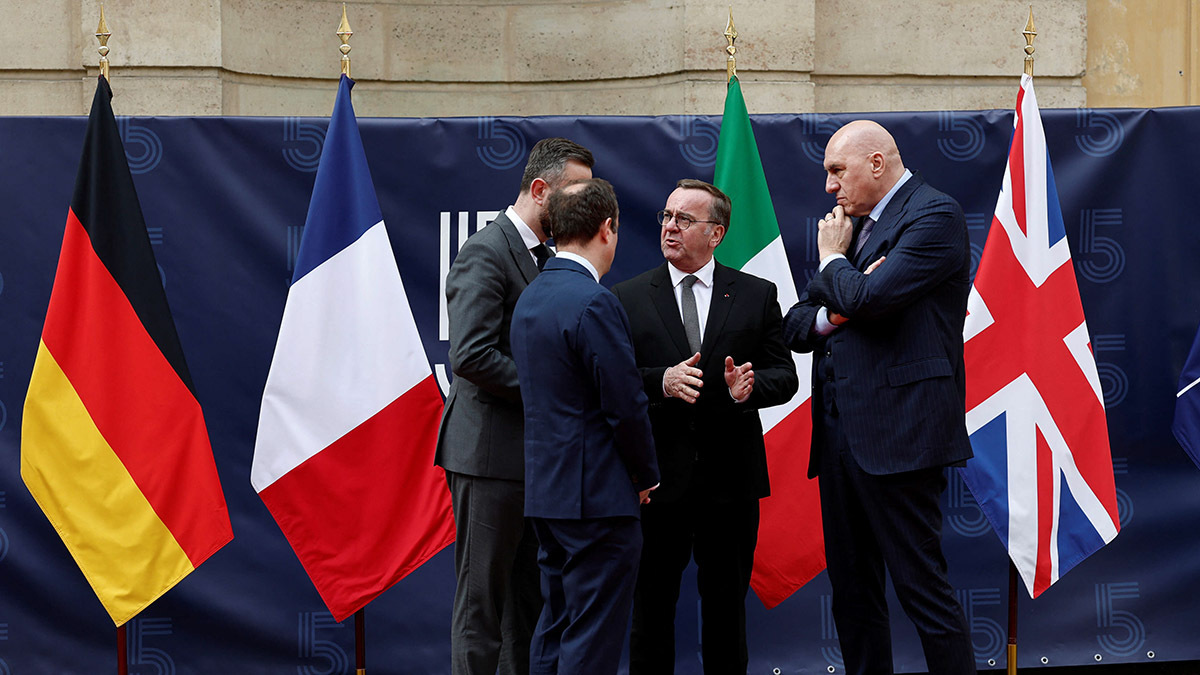
The only exception to this consensus was Viktor Orbán, the Hungarian prime minister, who refused to sign the summit conclusions and has openly criticised the policy of military assistance to Kiev. Orbán has repeatedly blocked aid funds and threatened to derail sanctions against Russia, causing tensions within the European bloc. Diplomats in Brussels have adopted the ‘extract’ format to prevent Hungary's objections from weakening the language of support for Ukraine.
In addition to military support, the EU has outlined a plan to strengthen the Ukrainian defence industry, facilitating the acquisition of air defence systems, missiles and drones, as well as providing at least two million large-calibre artillery shells per year. It also seeks to integrate Ukraine into European surveillance, navigation and communications programmes, and to grant it access to loans with favourable conditions for defence purposes. Drones, in particular, are considered a crucial advantage on the battlefield, and the EU plans to support the creation of joint ventures between European and Ukrainian industries to boost their production.
By 2030, Europe must have a strong European defence posture.
— Ursula von der Leyen (@vonderleyen) March 18, 2025
To get there, we need to move now.
This is Readiness 2030 ↓ https://t.co/xDZBGh68zP
The European bloc is committed to increasing pressure on Russia by imposing new sanctions, while Ukraine continues to be seen as Europe's first line of defence against the Russian threat. ‘The outcome of this war will determine our collective future for decades to come,’ the document concludes.
In a context of growing tensions and conflicting demands, the EU has made it clear that its priority is to strengthen Ukraine, reaffirming that peace will only be possible if the country has the strength necessary to defend its sovereignty and security. The European strategy also includes a training programme that has already trained more than 75,000 Ukrainian soldiers, while European forces seek to learn from the Ukrainian experience on the front line.
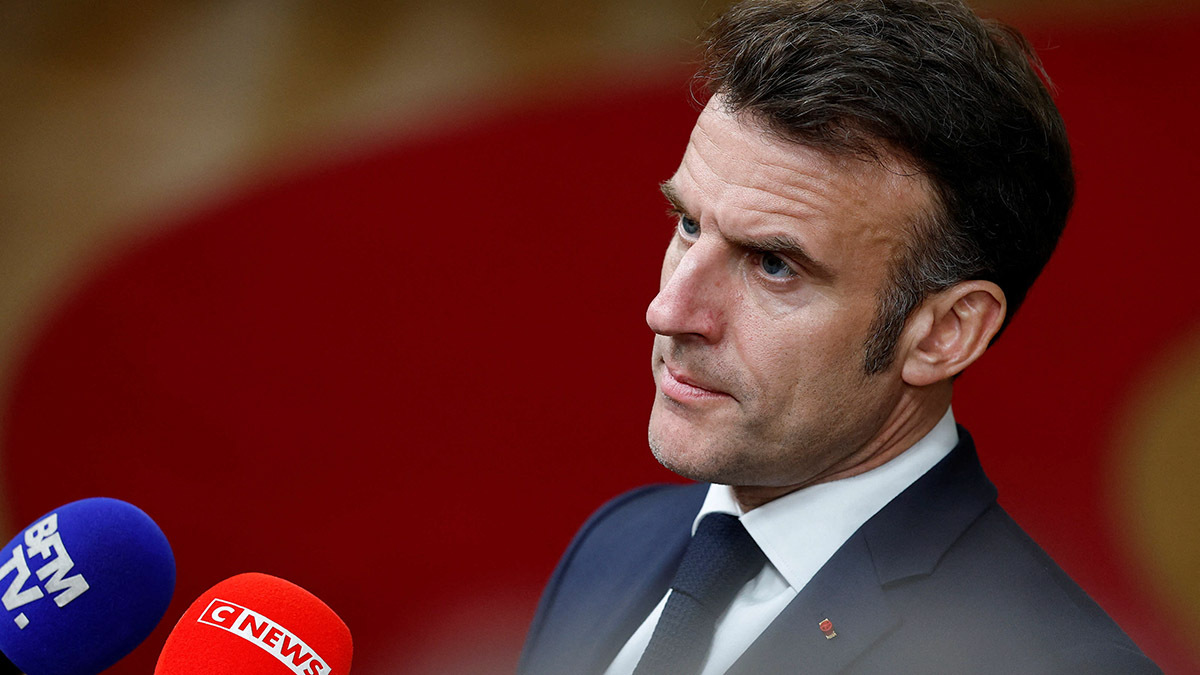
In financial terms, the EU has allocated approximately 138 billion euros in support of Ukraine since the start of the war, and a new fund of 150 billion euros is planned to be created to further strengthen the country's defensive capabilities. European support not only seeks to strengthen Ukraine in the present, but also to pave the way for future accession to the European Union, consolidating its position as an integral part of the Western bloc.
The EU's firmness in maintaining military support for Ukraine, despite Russian pressure and internal dissent, reflects the bloc's determination to defend the principles of sovereignty and collective security, and to ensure that any peace agreement leaves Kiev with the strength necessary to protect its future.

